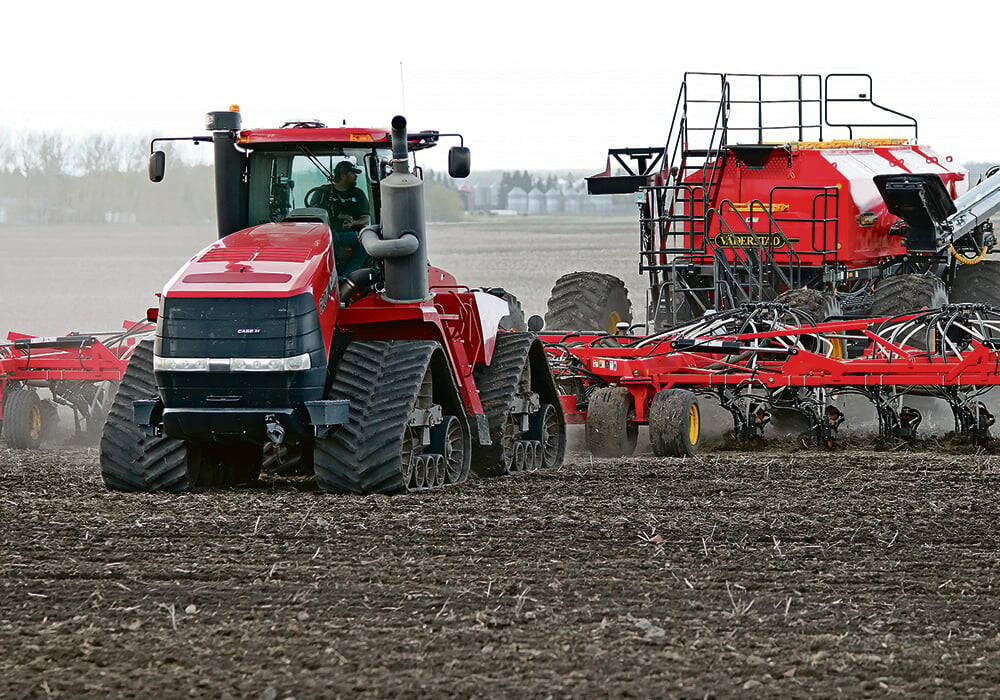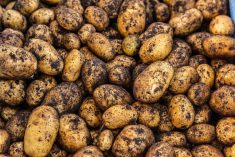Reuters / Brazil will increase the amount of land planted with genetically modified soy, corn and cotton by 14 per cent this season from a year ago as it shoulders a growing share of the world’s agricultural output, local analytics firm Celeres said Dec. 17.
That is more than the 12.3 per cent expansion in GMO crops Celeres estimated in August. Brazilian farmers invested heavily in technology to increase productivity this season, particularly in soybeans.
Nearly 89 per cent of Brazil’s soybean crop, which is likely to be the largest in the world when it is harvested early next year, has been planted with GMO seeds, Celeres said.
Read Also

No fertilizer price relief expected for this year
StoneX analyst Josh Linville does not see much relief in sight on the nitrogen and phosphate fertilizer prices for farmers in 2026.
Brazil’s ability to boost output was especially important this season after the worst drought in 56 years caused serious damage to U.S. crops, pushing soy and corn prices to record highs in September, when Brazilian farmers started planting.
“The increase occurred mainly due to the favourable market prices for the 2012-13 harvest, as well as the availability of seeds adapted to producing regions,” Celeres said in its report.
Biotechnology can increase production by enabling crops to withstand herbicides, resist pests and even become more drought tolerant. But some countries, particularly in Europe, have sought to block imports of GMOs due to public health and environmental worries.
With developing countries increasingly planting GMOs to feed a growing world population, it may become harder for Europe to stick to such restrictions.
Celeres, based in the state of Minas Gerais, expects Brazil’s 2012-13 crop to produce a record 79 million tonnes of soybeans and 75.62 million tonnes of corn.














